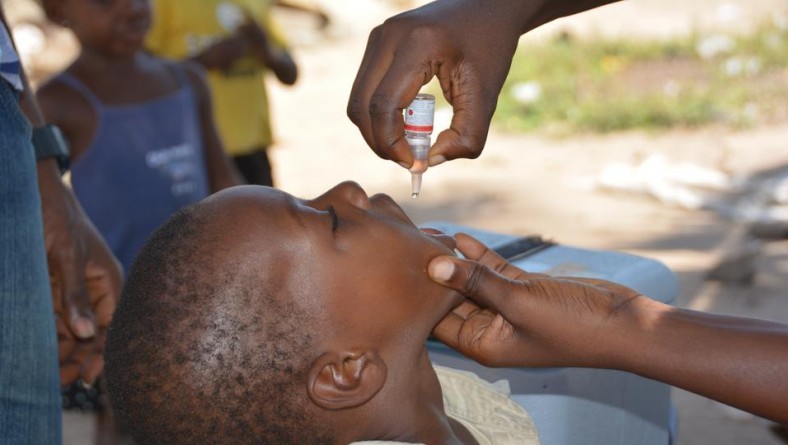Acute Flaccid Paralysis (AFP)
AFP is a clinical syndrome, typically characterized by rapid onset weakness, which may include respiratory and bulbar weakness. AFP is a broad clinical syndrome with an array of diagnostic possibilities, and may be the result of infectious or non-infectious agents
AFP may be caused by a number of agents. The immune-mediated condition Guillain-Barré Syndrome (GBS). The causes of AFP, some of which lead to GBS, include, but are not limited to, enteroviruses (including poliovirus), adenoviruses, acute West Nile virus infection, Campylobacter spp., transverse myelitis, peripheral neuropathy, acute non-bacterial meningitis, brain abscess, China syndrome, post-polio sequelae, tick paralysis, myasthenia gravis, porphyria and botulism.
Identification
Acute onset of focal weakness or paralysis, characterized as flaccid without other obvious causes (e.g., trauma), in children less than 15 years old.
The most characteristic feature of AFP associated with paralytic polio is its asymmetric distribution (not affecting both sides equally), which affects some muscle groups while sparing others, with fever present at onset. The most typical pattern is involvement of one leg only, or one arm, although this occurs less often. It is less common for both legs, or for both arms, to be affected.
AFP due to GBS may present as symmetrical paralysis and may progress for up to 10 days.
The process of suspecting AFP.
1-Fill in case investigation form
2-collect two stool specimens in leak proof containers within 24 hours apart and keep specimens cold throughout.
3-label each specimen bottle.
4-send specimen in a cold specimen carrier box with ice packs to Noguchi memorial institute for medical research within 72 hours of collection of specimens.


